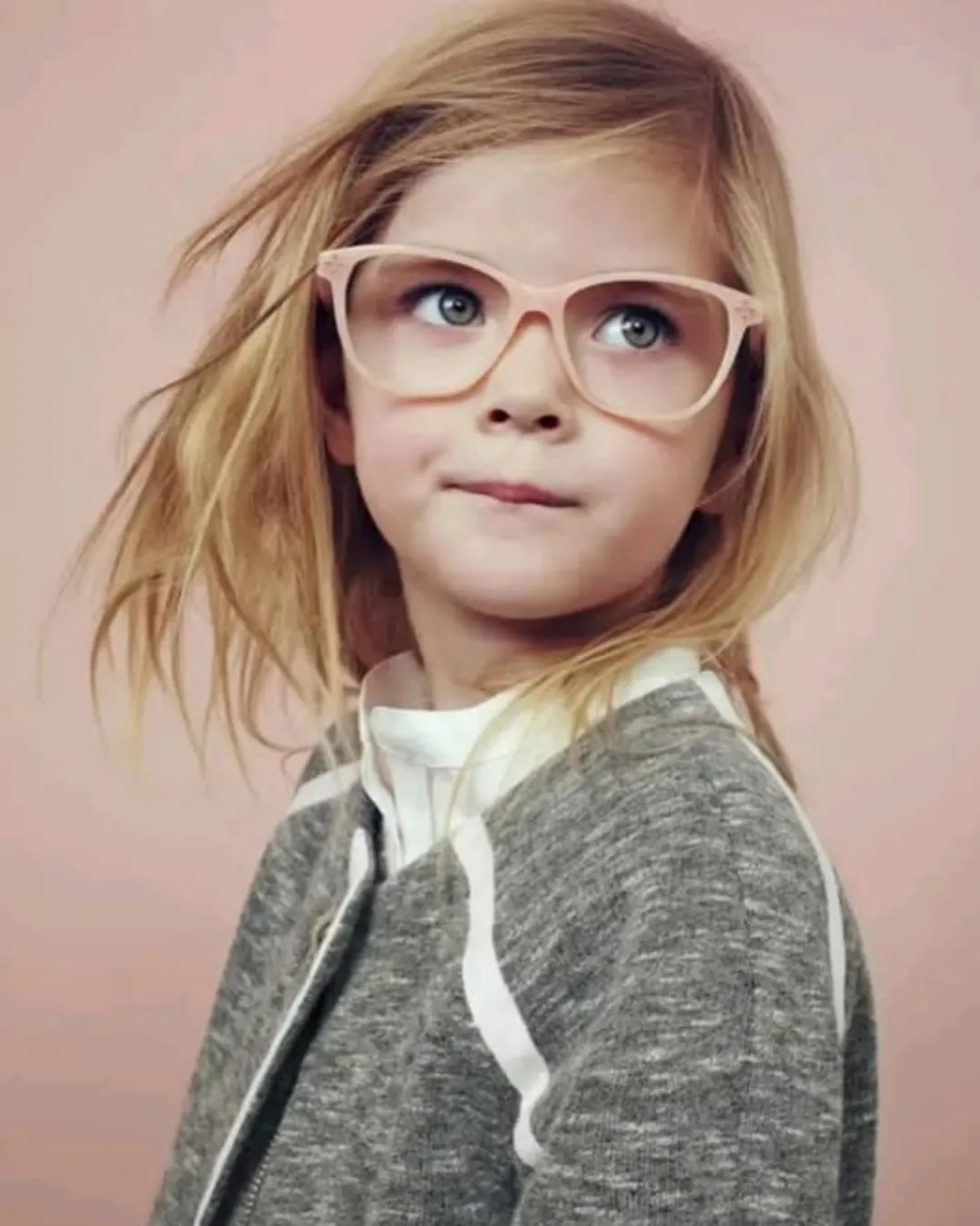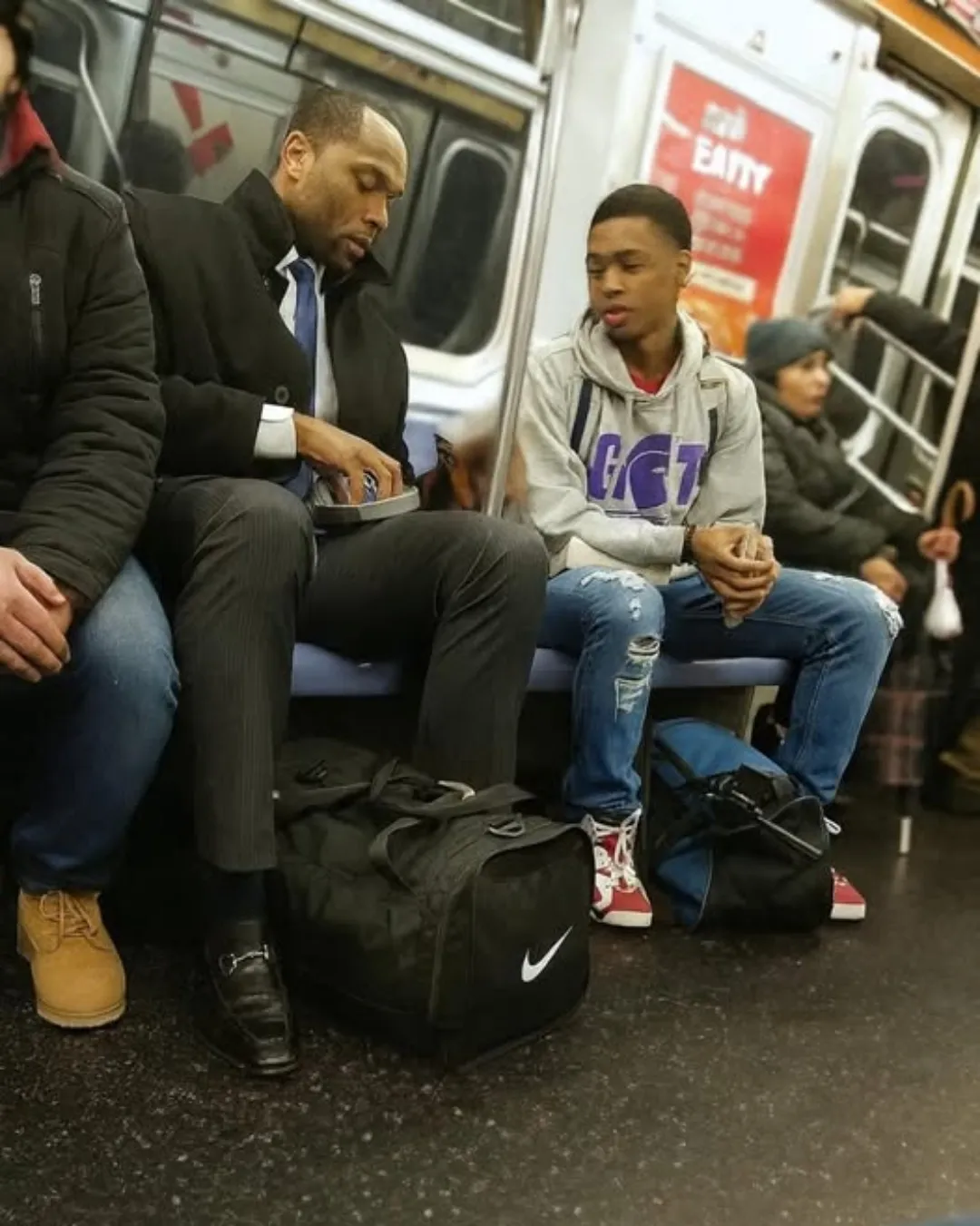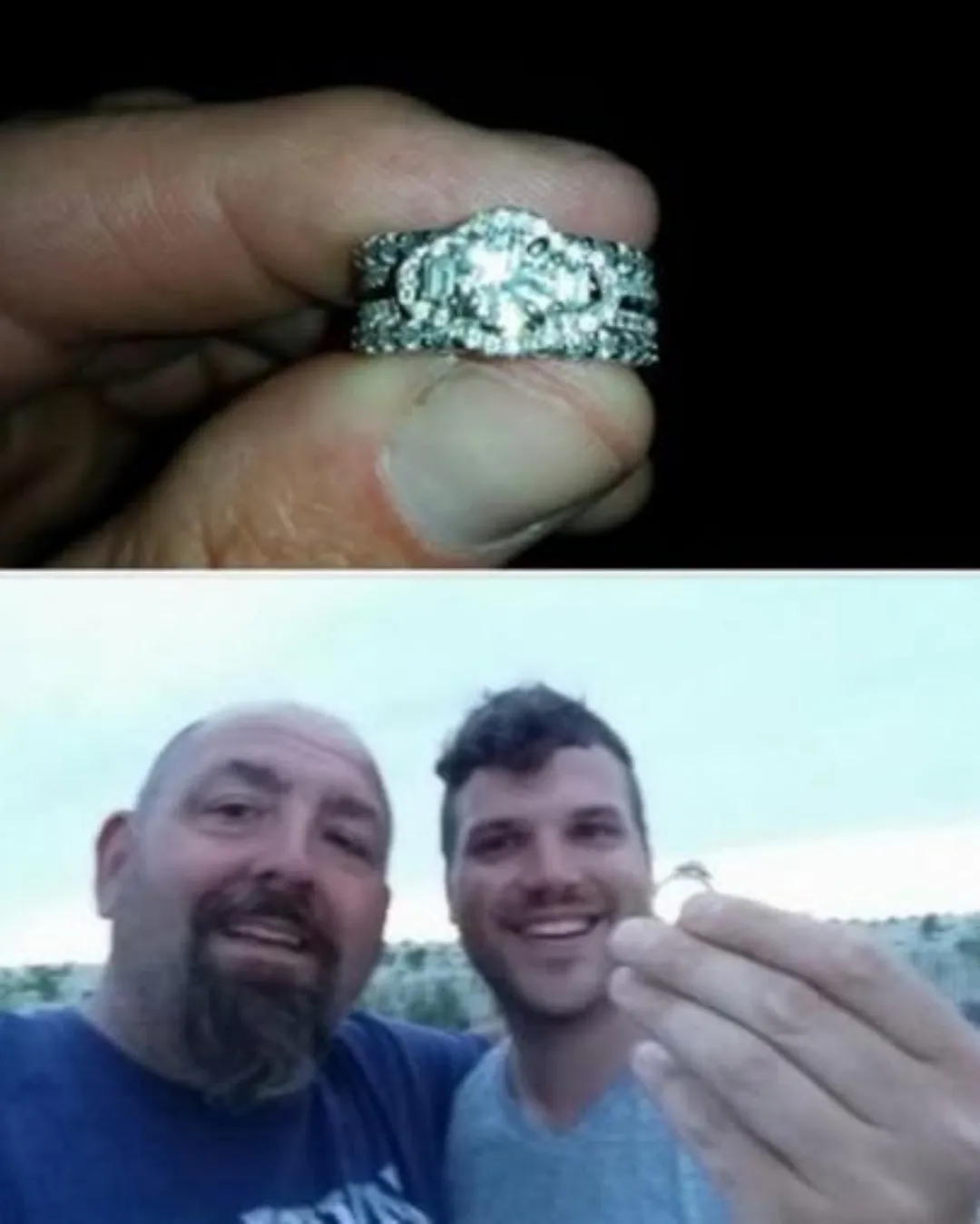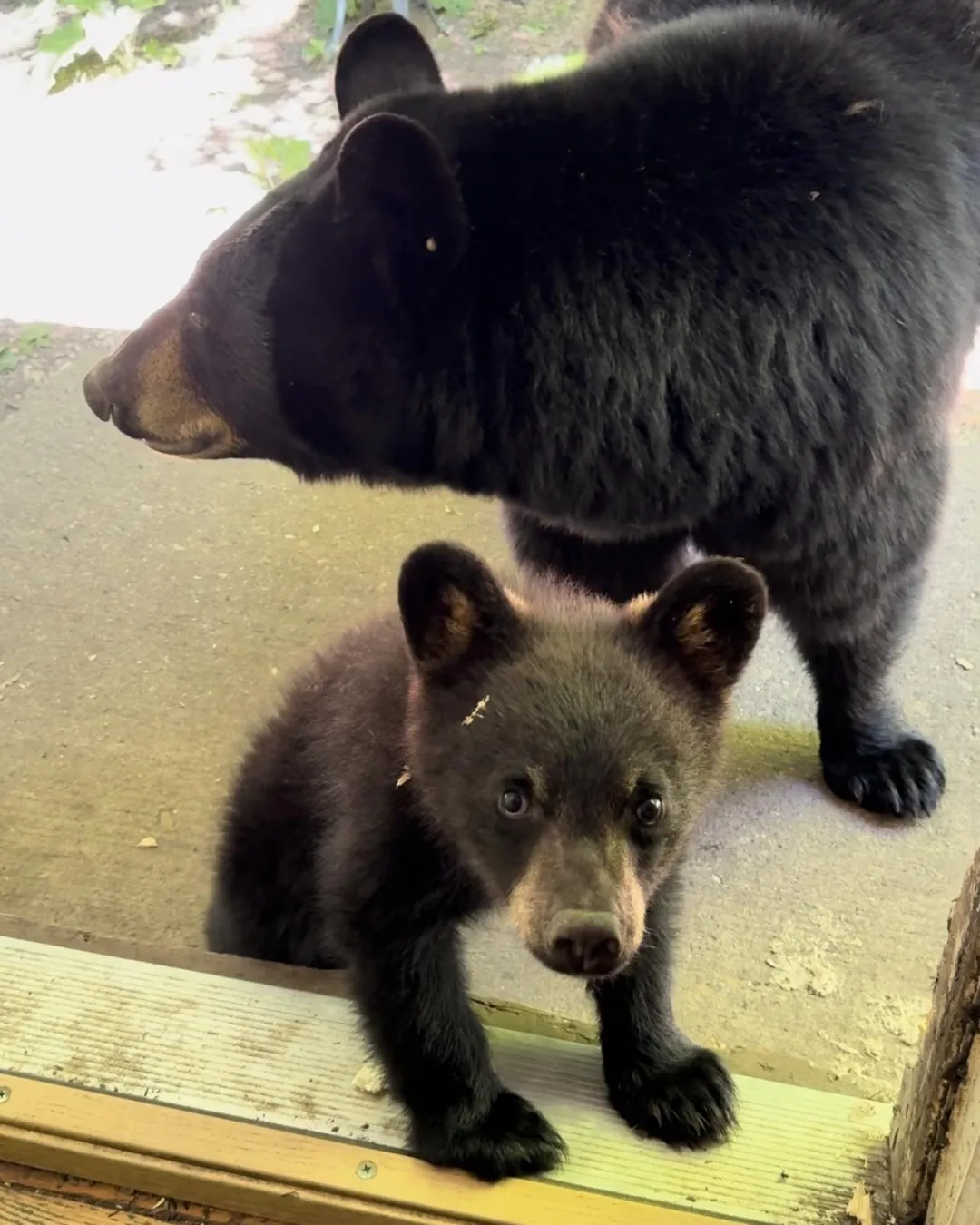The Hug That Stopped the Game615
The t-ball field buzzed with the soft chatter of parents and the sound of little cleats scuffing against the dirt. Four-year-old Charlie adjusted her helmet, the brim slipping slightly over her eyes as she stepped up to the plate. Her small hands tightened on the bat, her eyes fixed on the pitcher. It was just another game, but she had hoped for something more — a glimpse of her dad in the crowd.
He had been gone for two days on military duty. Charlie knew by now that sometimes he couldn’t be there — for games, for bedtime, for pancakes in the morning. She’d learned not to ask too much, because the answer wasn’t always yes. So she took a quiet breath and got ready to swing, telling herself she’d play her best anyway.
Then, a flicker of movement caught her eye. She glanced toward first base — and froze.

There he was.
Her dad stood there in his uniform, the faint dust of travel still clinging to him, a tired but wide smile stretching across his face. For a heartbeat, Charlie didn’t move. Then her entire face lit up, the bat tumbling from her hands as she bolted toward him.
Her little arms stretched as far as they could reach, her feet pounding the dirt. He crouched down just in time to catch her, scooping her into a hug that swallowed her whole. She clung to him like she’d never let go, her helmet pressing against his shoulder. Around them, the game faded into the background — just cheers, smiles, and the quiet understanding of what this moment meant.
Military kids like Charlie live with sacrifices they can’t always put into words — packing up their lives to move to new towns, saying goodbye to friends, adjusting to long absences from a parent who is serving. They grow up learning to be brave in ways far beyond their years.
But when their parents return, even for a day, all of that melts away. In that hug on the dusty t-ball field, there were no deployments, no missed birthdays, no nights apart. There was only love, relief, and the unspoken bond between a father and daughter who had learned the true value of time together.
For Charlie, it wasn’t just a hug. It was the whole world, wrapped in her dad’s arms.
Why I Never Want My Daughter to Stop Looking Around619

The afternoon light filtered softly through the kitchen window as my daughter placed her progress report in my hands. The paper was crisp, dotted neatly with check marks that reflected her growth, her effort, her steady little triumphs. Yet, one mark stood alone, set apart from the others.
“How am I doing, Mom?” she asked, her voice small but tinged with a maturity that felt older than her years. She peered up at me through smudged eyeglasses that slid precariously down her nose, her hair a little tangled from the day. Her tiny finger landed on the teacher’s note beside the solitary check mark:

I had known this long before it appeared in black and white. Since she was a toddler, my daughter had always been a quiet observer of the world, noticing details most adults rushed past.
I read aloud all the positives, making sure she saw how many there were, how brightly they shone. Then I gently told her about the teacher’s note. She gave me a shy, uncertain smile, as if she were bracing for disappointment, and whispered, “I do look around a lot.”
In that moment, I refused to let a seed of shame take root. I bent down, eye level with her, so she would not only hear my words but feel their truth.
“Yes,” I told her softly, “you do look around a lot. And that is your gift.”
I reminded her:
“You noticed Sam sitting alone with a skinned knee on the field trip, and you went to comfort him.
You noticed Banjo’s runny nose, and because of you, the vet caught his illness early.
You noticed how hard our waitress was working, and you suggested we leave her an extra good tip.
You noticed Grandpa slowing down, and instead of running ahead, you stayed with him.
You notice the beauty of the view every time we cross the bridge to swim practice.”
Her eyes grew wide, her little shoulders straightening as she absorbed the words. A shy smile spread into something radiant, a glow of acceptance and pride.
“I don’t ever want you to stop noticing,” I told her firmly. “The world needs people like you. Your noticing is your gift, and it makes the world better.”
And as I watched her beam, I realized something profound: her so-called distraction was, in fact, presence. Where others overlooked, she paid attention. Where others hurried, she paused.
The truth is, we are all waiting for someone to notice — notice our pain, our scars, our small victories, our courage to keep going.
And when someone truly notices, it feels like being seen for the first time.
My daughter, in her quiet way, had that gift. And perhaps, if she never stopped noticing, she just might change the world.





